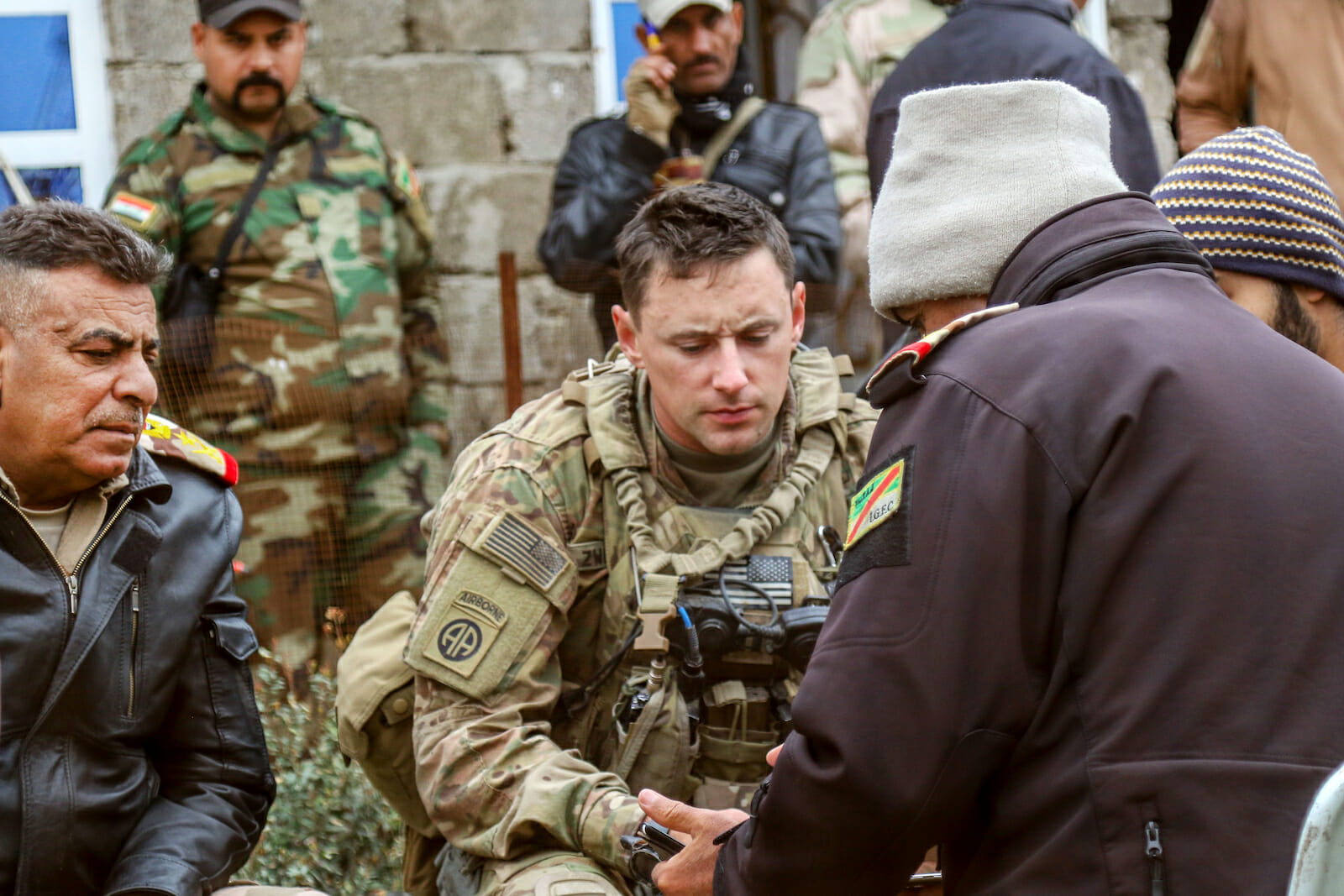
Old Policies for Current Threats: Why the AUMF Needs Immediate Repair
In just sixty words, the 2001 Authorization for Use of Military Force (AUMF) resolution gave President Bush authority to use all necessary and appropriate force against the 9/11 attackers. Sixteen years later, those same sixty words continue as a guiding policy to combat terrorism.
Yet, no clear definition exists of who is an authorized target for the use of force, allowing for misinterpretation and vast military actions without legal backing. While the Resolution had good intentions, its use today constitutes an overreach of Executive power and does not address present challenges.
Using a hastily passed, vague, and outdated statute to fight current threats is unwise. In fact, it is reckless. It is not possible to fight against all groups in today’s “war on terrorism.” It is possible to combat a clear threat like ISIS. Congress can take the first steps by amending the AUMF, limiting its application to ISIS, and requiring yearly Congressional renewal. Strict definitions and oversight can bring clarity to those sixty words.
Evidence of Executive abuse is bountiful. The Bush administration openly used the resolution to justify prisoners held in Guantánamo Bay. The Obama administration justified military actions in Afghanistan, Iraq, and Syria, including drone strikes against ISIS, a group that did not exist on 9/11.
President Trump’s vow to “Make America Safe Again” and his remarks to starve funds for Hezbollah and Hamas follow in the same direction. Trump may point to his predecessors and take actions against these groups on the back of the AUMF The likelihood for future reinterpretations and abuses is imminent.
If taxpaying citizens are expected to continue to foot the cost of war, Congress cannot dodge its responsibility of war authority. Wars like the one against ISIS need a specific authorization to fully commit and strengthen the government’s hand in military conflict –not a reliance on authorities neither intended nor granted.
Past proposals to place time limits on the use of the AUMF failed to pass, but the intention is important to note. Congressional authorization action should be sought when new threats emerge. War is not meant to be passively fought nor be a constant state. Open-ended measures like the AUMF need strict definitions and yearly oversight of its application to bring wars to an eventual close.
Amending the resolution to focus on ISIS seems too restrictive to some in the Senate when, in fact, it would open additional options to counter ISIS in the Middle East. Stricter definitions for who can be targeted allows for stronger actions against those individuals—-a distinct improvement over the current authorization.
Others say any change to the resolution forecloses action against emerging terrorist groups. The best answer is that Congress has the responsibility to act when new threats arise. Both now and later. A vague resolution should not provide cover against unknown threats at the risk of known Executive abuses. Amending the AUMF is a step in the right direction.
The war against ISIS will be a drawn out conflict, no doubt. However, Congress needs to prevent the AUMF from becoming a blank check for future wars. It is time for Congress to rein in the rogue AUMF elephant. It should define and limit the authorities of the AUMF to combat the intended target, ISIS. Amending the AUMF in this manner will strengthen our military campaign, strengthen the role of Congress and strengthen our institutions of government for years to come.

